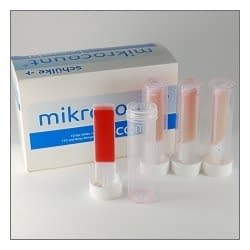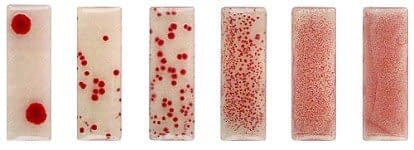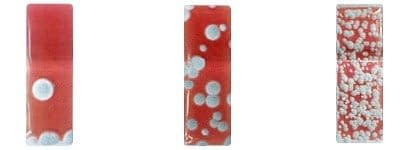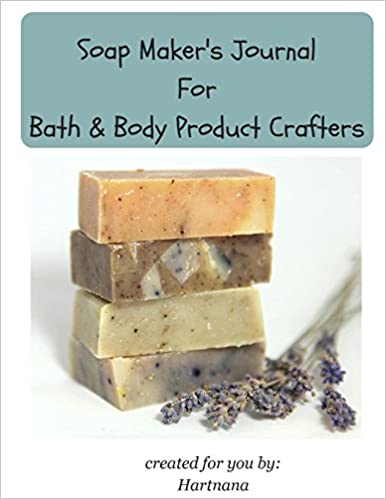Several people have asked about testing Goat Milk Lotion to make sure that it is safe so I thought I’d address the requirements according to the FDA and give you all some options to ensure the safety of your products. At the end you will find a link to a home version of the goat milk lotion microbial test kit for your personal use.
The Federal Drug Administration considers a cosmetic by this definition:
“articles intended to be rubbed, poured, sprinkled, or sprayed on, introduced into, or otherwise applied to the human body…for cleansing, beautifying, promoting attractiveness, or altering the appearance” [FD&C Act, sec. 201(i)]. This applies to any product that is used as perfume, lipstick, fingernail polish, skin moisturizers, shampoo, permanent wave solution, hair color solution, tooth paste, deodorants and any other products used in the making of a cosmetic product.While the FDA does not provide testing they do require that you create your products safely and it is your responsibility to ensure that your product is safe for use. Any lab tests would be your responsibility.You are legally responsible for creating safe cosmetics and the only way to be certain that your lotions that you created from scratch meets these safety requirements is to have them challenge tested by a lab.
A lab challenge test is performed by a trained professional. The cosmetics are tested for adequacy of preservation against microbial contamination which could occur under the reasonably use by a consumer. The product does not have to be sterile, but they must not contain pathogens and the amount of non pathogenic material must be low.
Here are listings for several labs that will perform this test for you.
Adamson Analytical Laboratories, Inc.
Vicky Seto
220 Crouse Street
Corona, CA 92879
USA
phone: (951)-549-9657
fax: (951)-549-9659
[email protected]
www.adamsonlab.com
BioScreen Testing Services, Inc.
Angie Inouye
3905 Del Amo Blvd
Torrance, CA 90503
phone: 310-214-0043
fax: 310-370-3642
[email protected]
www.bioscreen.com
Clinical Research Laboratories, Inc.
Shannon Crowder
371 Hoes Lane
Piscataway, NJ 08854
USA
phone: 732-981-1616
fax: 732-981-0520
[email protected]
www.crl-inc.com
Hill Top Research, Inc.
Charles M. Folk
3225 N. 75th Street
Scottsdale, AZ 85251
USA
phone: 800-785-2693
fax: 480-946-2179
[email protected]
www.hill-top.com
Q Laboratories, Inc
David G. Goins
1400 Harrison Avenue
Cincinnati, OH 45214-1606
phone: 513-471-1300
fax: 513-471-5600
[email protected]
www.qlaboratories.com
You can also purchase a microbial test kit if you are wanting to be more confident about the composition of your products.
This home use Microbial test kit will give you a good idea what the bacterial colonies, yeast colonies and fungal colonies are like in any of your goat milk lotion creations.
Bacteria colonies: 100, 1000, 10’000, 100’000, 1 million, and 10 millions – Microbial Test Kit Results
Microbial Test Kit Results: Fungi colonies: slight, moderate, and heavy
Yeast colonies:Microbial Test Kit Results: 100, 1000, 10’000, 100’000, and 1 million
Having had my goat milk tested by the local agriculture inspector, I have come to realize how crucial it is get your milk cold fast – even milking into sterile jars immersed in ice with salt sprinkled on it. (salt sprinkled on the ice). Bacteria grows fast, especially in warm conditions. Keep this in mind while you are creating your goat milk lotions, getting your lotion cold quickly after you have created it will keep the growth of bacterial, yeast and fungi down to a minimum. We covered the use of preservatives over in our article: Preservatives in Lotion and Why You Must Use Them







 Find this on Amazon:
Find this on Amazon: